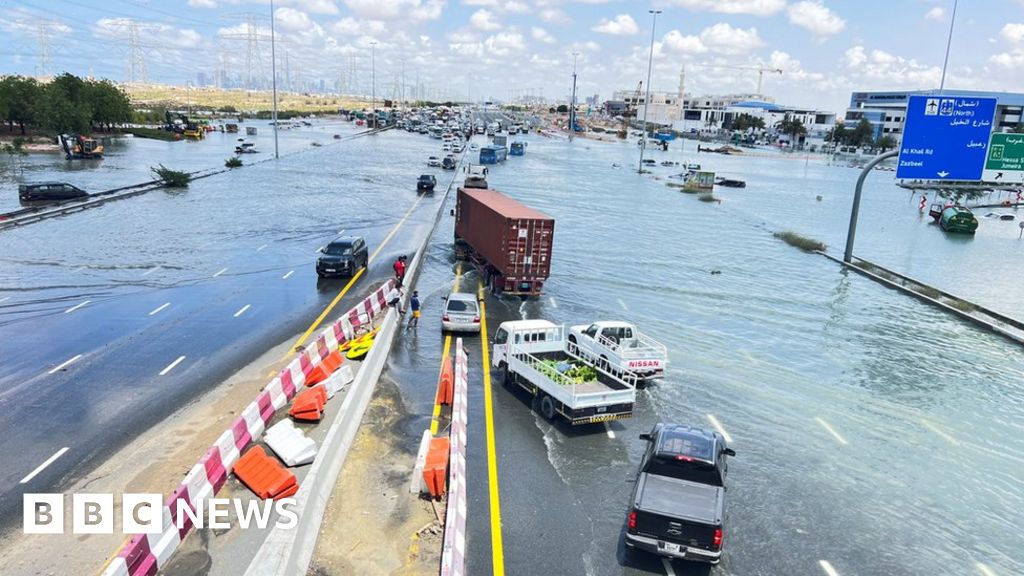Personally I would say put a £100+ additional tax on air fares, another £100 tax on ALL cars, start building cycle infrastructure rather than roads, change all 30mph zone to 20mph and your reduce carbon emissions than supporting the transition to EVs.Some confident government leadership pointing the ship in the right direction would have been nice ...
One thing is clear, EVs will never become mass market if Tesla essentially has to single handily build out the charging infrastructure, one bad tweet from the main man and it'll come crashing down faster than a Conservative PM.
We live an learn, I like my EV, but I like my eBike far more. I've come to the conclusion cars aren't the solution to anything, so honestly couldn't really careless about which way government policy goes, its the cheapest option I will take.
Had we bought a diesel SQ7 instead of X in 2016, the SQ7 would be worth more on the residual value side, it's only the cheaper running costs keeping the X in the game. Add in VAT for domestic charging and it'll be game over for me interms of EV ownership.



